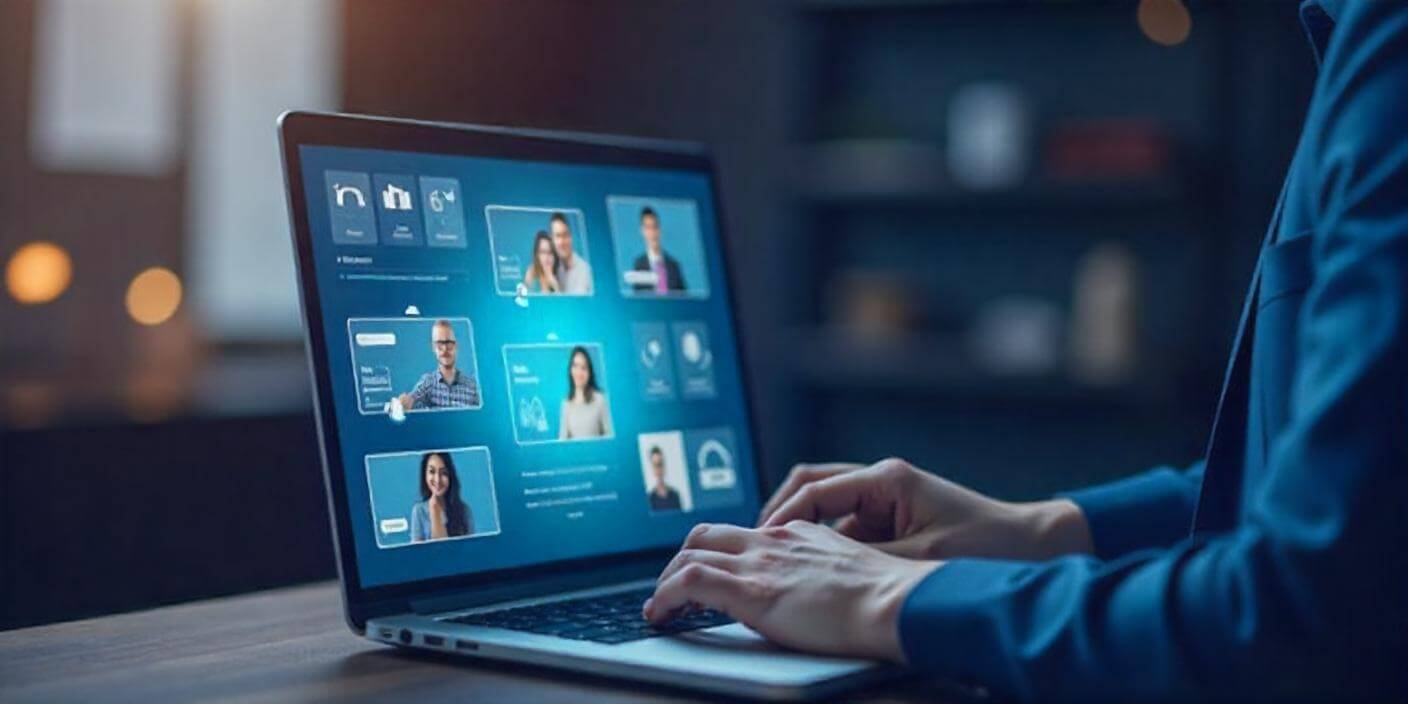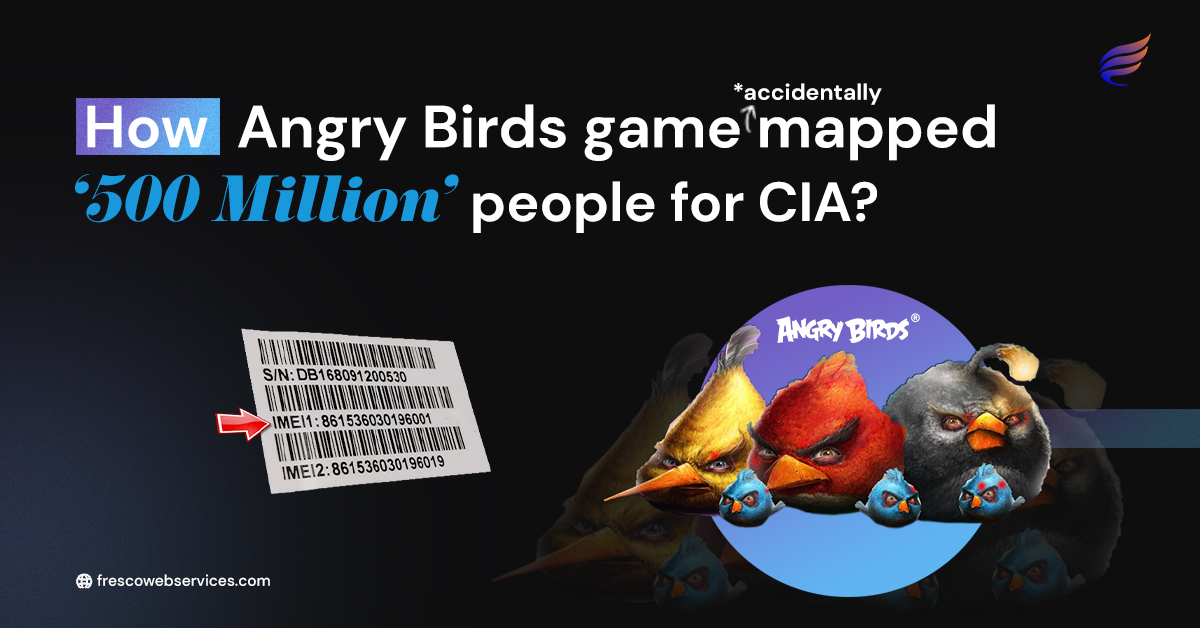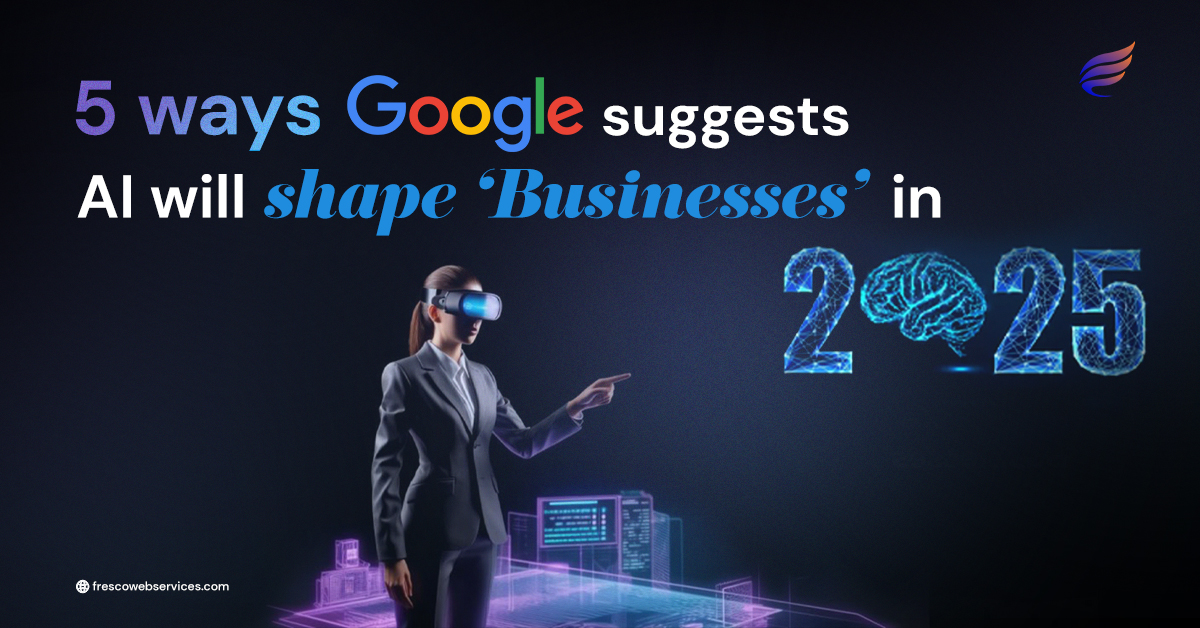In today’s hyper-connected world, video calls have become a cornerstone of both personal and professional communication. Platforms like Zoom, Microsoft Teams, and Google Meet have made remote communication seamless. However, the increasing trend of recording video calls poses a significant risk, especially when paired with the evolving power of artificial intelligence (AI). The potential misuse of these recordings can lead to privacy violations, manipulation, and even fraud. Understanding these risks and exploring possible solutions is crucial for safeguarding individual privacy and security.
Potential Risks of Video Call Recordings
- Privacy Breach: One of the biggest risks associated with recording video calls is the potential violation of privacy. Video calls often capture sensitive discussions, personal or professional, that may be intended only for a specific audience. If these recordings fall into the wrong hands, they can be exploited for malicious purposes. Sensitive corporate information, personal health details, or confidential legal discussions could be exposed, leading to severe repercussions.
- Deepfake Manipulation: AI-powered tools can manipulate video and audio content with alarming accuracy. Deepfake technology allows for the creation of hyper-realistic fake videos where someone’s appearance or voice can be altered to say or do things they never did. This can be used to create misleading or harmful content, such as falsified confessions, fake endorsements, or defamatory actions. When a video call is recorded and later manipulated with deepfake technology, it becomes nearly impossible to distinguish between real and altered footage.
- Identity Theft and Fraud: Recorded video calls can be exploited to impersonate individuals. AI-driven voice cloning technology can recreate a person’s voice from short audio clips. This, combined with facial manipulation, allows bad actors to create fraudulent content, facilitating identity theft or even financial scams. For instance, criminals could use a deepfake video of a CEO to issue false directives, tricking employees or business partners into revealing sensitive information or transferring funds.
- Unauthorized Sharing: Even without advanced AI manipulation, recorded video calls can easily be shared without the participants’ consent. Sensitive content might be leaked, used for blackmail, or distributed publicly, causing personal or reputational harm. Without strict security protocols, once a video call is recorded, control over how it is shared or accessed is often lost.
Solutions to Mitigate the Risks
- Stronger Data Encryption: End-to-end encryption should be a non-negotiable feature for video call platforms. This ensures that even if a call is recorded, the content remains protected during transmission and storage. Only authorized participants should have the ability to access or decrypt the recording.
- Consent-Based Recording: Platforms should implement clear consent mechanisms, ensuring that all participants are aware when a recording is taking place. There should also be an option for participants to opt out of being recorded, particularly in sensitive discussions. This can prevent unauthorized recordings and enhance transparency.
- AI Detection and Authentication Tools: AI can be used as a double-edged sword to counter its own misuse. Companies are now developing AI tools that can detect deepfakes or manipulated content. These tools analyze inconsistencies in video and audio to authenticate the legitimacy of recorded footage. By deploying such detection tools, organizations can protect themselves from potential deepfake attacks.
- Regulation and Legal Frameworks: Governments and regulatory bodies must establish stronger data protection laws specifically targeting video call recordings and AI misuse. Individuals should be empowered with legal recourse if their privacy is violated or their likeness is used without permission. Penalties for deepfake misuse or unauthorized sharing of recorded calls should be stringent, to deter potential offenders.
- Awareness and Education: Users should be made aware of the potential risks associated with video call recordings and the importance of safeguarding their digital privacy. This includes understanding platform security features, limiting the sharing of personal or sensitive information on recorded calls, and recognizing early signs of deepfake or fraudulent activity.
Conclusion
The convenience of video calls in today’s world cannot be overstated, but the risks associated with recording them must not be overlooked. The combination of AI and video call recordings opens up avenues for misuse, from privacy breaches to identity fraud. However, through a combination of strong encryption, consent-based recording practices, AI detection tools, regulatory frameworks, and increased awareness, these risks can be mitigated. The key lies in adopting proactive measures to ensure that technology serves its users without compromising their privacy and security.




